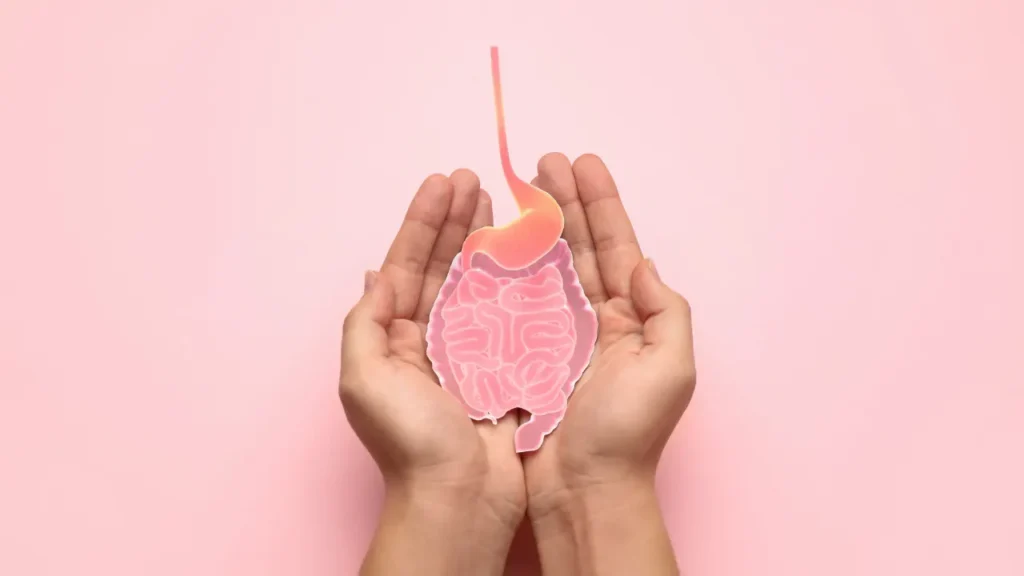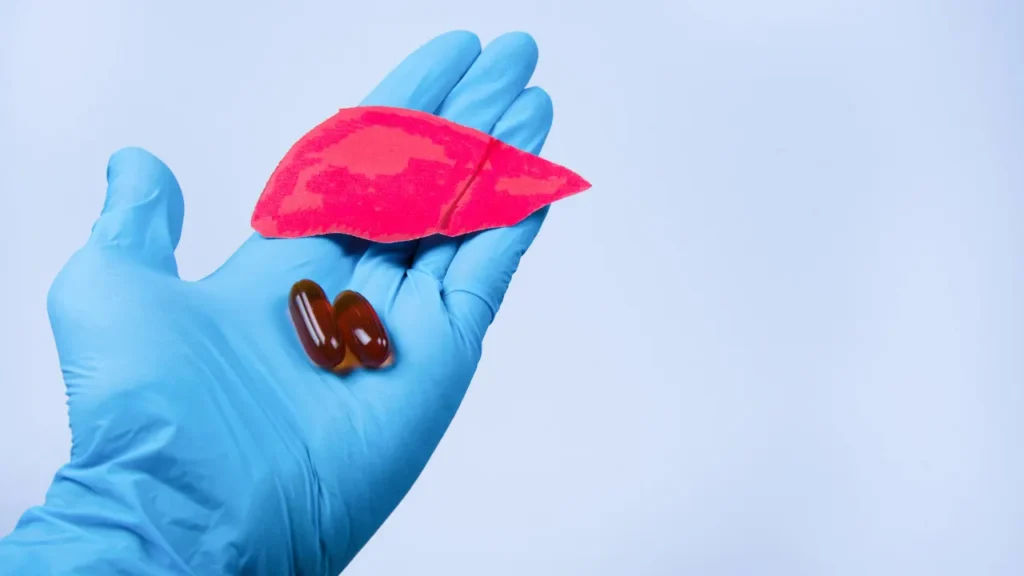The deciduous sassafras tree, which is native to Eastern North America, has drawn attention because of its unique qualities and uses in a variety of fields, such as cooking, medicine, and aromatherapy. Sassafras albidum is significant historically and culturally since Native Americans have used it for ages for its medicinal properties. The claims that Sassafras can improve cognition have sparked interest in this plant in the modern era. With an emphasis on sassafras’s nootropic properties, this article explores the plant’s nature, health benefits, ideal dosage, side effects, possible drug interactions, and responsible use.
You May Also Like:
Keep Your Brain Young With the 5 Most Powerful Nootropic Supplements
Finding the Best Supplements for Brain Fog After COVID: 5 Top Brands Reviewed
Sassafras: Benefits, Dosage, Side Effects, Drug Interactions, and Other Important Information is an original (NootropicsPlanet) article.
Nature of Sassafras
Native to eastern North America, sassafras is a deciduous tree prized for its unusual leaf forms and strong scent. The leaves, bark, and roots of the tree have all historically been utilized for a variety of uses, from flavoring food to treating illnesses. Perhaps the most well-known use of sassafras is for its root bark, which produces an essential oil mainly consisting of safrole. Safrole is a material that has piqued interest in both the culinary and medical domains.
Health Benefits of Sassafras
While modern scientific scrutiny has tempered the enthusiasm for sassafras due to concerns about the carcinogenicity of safrole, historical and traditional uses of sassafras have illustrated a wide range of health benefits to this plant, which include:
Anti-inflammatory Effects: Sassafras tea was traditionally used to treat ailments including rheumatism and arthritis by reducing inflammation. Sassafras has a reputation for relieving aches and pains. However, there is not enough scientific evidence to support this claim.
Diuretic Properties: Sassafras is a natural diuretic that has been used to boost urine production and aid in detoxifying. This characteristic has historically been used to promote kidney function and aid in the body’s detoxification process.
Digestive Health: Sassafras tea has been reported to improve digestion, ease constipation, and lessen gas. Traditional medicine frequently employed the sassafras tree’s roots to treat digestive disorders.
Immune System Support: The consumption of sassafras tea was historically believed to boost the immune system. Although direct evidence is sparse, its traditional use suggests a belief in its potential to ward off illness and infection.
Antiseptic Properties: Traditional medicine has made use of sassafras because of its antibacterial qualities, especially in the treatment of wounds. Wounds were treated with diluted essential oil to encourage healing and stave against infection.
Relief from Cold Symptoms: Sassafras tea has been traditionally consumed to alleviate symptoms associated with colds and flu, such as fever and congestion. The warmth and hydration from the tea, coupled with the plant’s aromatic properties, were thought to offer comfort and symptom relief.
It is important to approach the health advantages of sassafras with caution because safrole has been associated in animal studies with cancer and liver damage. Because of these safety concerns, the FDA has outlawed the use of safrole and sassafras oil in commercially made foods and medications. Although sassafras has been used historically and traditionally to treat a wide range of illnesses, its use now is limited due to the possible hazards of safrole exposure. Before adding sassafras to any health routine, as with any supplement or traditional treatment, it is best to speak with a healthcare provider.

Chemistry of Sassafras
Safrole, tannins, and essential oils are the main chemical components of sassafras that have drawn interest. The main ingredient of sassafras oil, which is made from the bark and roots of the sassafras tree, is safrole, a phenylpropene molecule. The hypothesis underpinning Sassafras’ purported nootropic properties is safrole’s interaction with the human body. Nonetheless, safrole has been categorized as a carcinogen by the International Agency for Research on Cancer (IARC). As a result, regulatory bodies such as the FDA have prohibited the use of safrole in food and medication due to its health hazards.
Physiological Mechanisms of Sassafras
Safrole is primarily responsible for the nootropic effects of sassafras, which are thought to be mediated through the brain’s neurotransmitter systems. Neurotransmitters that regulate mood, attention, alertness, and cognitive functioning include dopamine, serotonin, and norepinephrine. Safrole may improve mood and cognitive abilities by influencing these neurotransmitter systems. To completely grasp the precise processes by which safrole exerts its effects on the brain and cognitive abilities, comprehensive investigations and clinical trials are necessary.

Optimal Dosage of Sassafras
It is difficult to determine the ideal dosage of Sassafras supplements for improving cognitive function because there is a dearth of thorough scientific studies. Furthermore, any advice on the consumption of safrole, particularly as a nootropic, needs to be taken cautiously due to its carcinogenic qualities. According to the FDA, safrole-containing compounds should be avoided. As a result, there is no safe or ideal dosage of Sassafras for improving cognitive function or for any other health-related purpose.
Side Effects of Sassafras
The ingestion of Sassafras, especially in quantities surpassing the recommended nutritional intake, may pose health hazards mainly because of the presence of safrole. Long-term exposure to safrole has been linked to cancer and liver damage, while short-term adverse effects include nausea, vomiting, and hallucinations. Safrole’s carcinogenic properties highlight the need for prudence and careful Sassafras use, as it is strongly discouraged as a supplement or medicinal substance.
Potential Substance Interactions with Sassafras
Because so little is known about the pharmacological characteristics of sassafras, nothing is known about how it interacts with other substances, especially drugs. Sassafras, however, carries the potential danger of either amplifying or reducing the effects of different drugs due to its possible influence on liver enzymes involved in drug metabolism. This emphasizes how crucial it is to speak with medical specialists before using Sassafras to improve cognitive function, particularly for people who are taking medication.

Best Responsible Use of Sassafras
Although sassafras is used traditionally and anecdotally to improve general health, there is insufficient scientific data to support the safety and effectiveness of this plant. It is challenging to defend sassafras as a secure or reliable nootropic supplement given the possible health hazards connected to safrole, especially its carcinogenic qualities.
Sassafras:
Conclusion
Sassafras is a deciduous tree found in Eastern North America often known for its distinct aroma and traditional medicinal uses. The bioactive components of sassafras contain compounds like safrole and tannins. It may be concluded that sassafras supplements possess anti-inflammatory and antioxidant properties which can support cognitive health. Aside, it is also a natural diuretic that can be used to improve kidney function and digestive health. If you are planning to take sassafras for general health purposes or cognitive purposes, it is pivotal to remember that long-term usage of safrole has been linked to liver damage. Hence, you should always monitor your health and get professional guidance before using this supplement in your daily routine.

References:
- Sassafras Uses, Benefits & Side Effects. Retrieved From:https://www.drugs.com/npc/sassafras.html
- Sassafras Tea: Health Benefits and Side Effects. Retrieved from: https://www.healthline.com/nutrition/sassafras-tea-benefits
- Sassafras Tea Benefits and Side Effects. Retrieved from: https://www.verywellfit.com/sassafras-tea-benefits-and-side-effects-4163470
- Back To the Roots—An Overview of The Chemical Composition and Bioactivity of Selected Root-Essential Oils. Retrieved from:https://www.ncbi.nlm.nih.gov/pmc/articles/PMC8197530/
- Psychedelic Medicine: A Re-Emerging Therapeutic Paradigm. Retrieved from:https://www.ncbi.nlm.nih.gov/pmc/articles/PMC4592297/
Important Note: The information contained in this article is for general informational purposes only, and should not be construed as health or medical advice, nor is it intended to diagnose, prevent, treat, or cure any disease or health condition. Before embarking on any diet, fitness regimen, or program of nutritional supplementation, it is advisable to consult your healthcare professional in order to determine its safety and probable efficacy in terms of your individual state of health.
Regarding Nutritional Supplements Or Other Non-Prescription Health Products: If any nutritional supplements or other non-prescription health products are mentioned in the foregoing article, any claims or statements made about them have not been evaluated by the U.S. Food and Drug Administration, and such nutritional supplements or other health products are not intended to diagnose, treat, cure, or prevent any disease.


